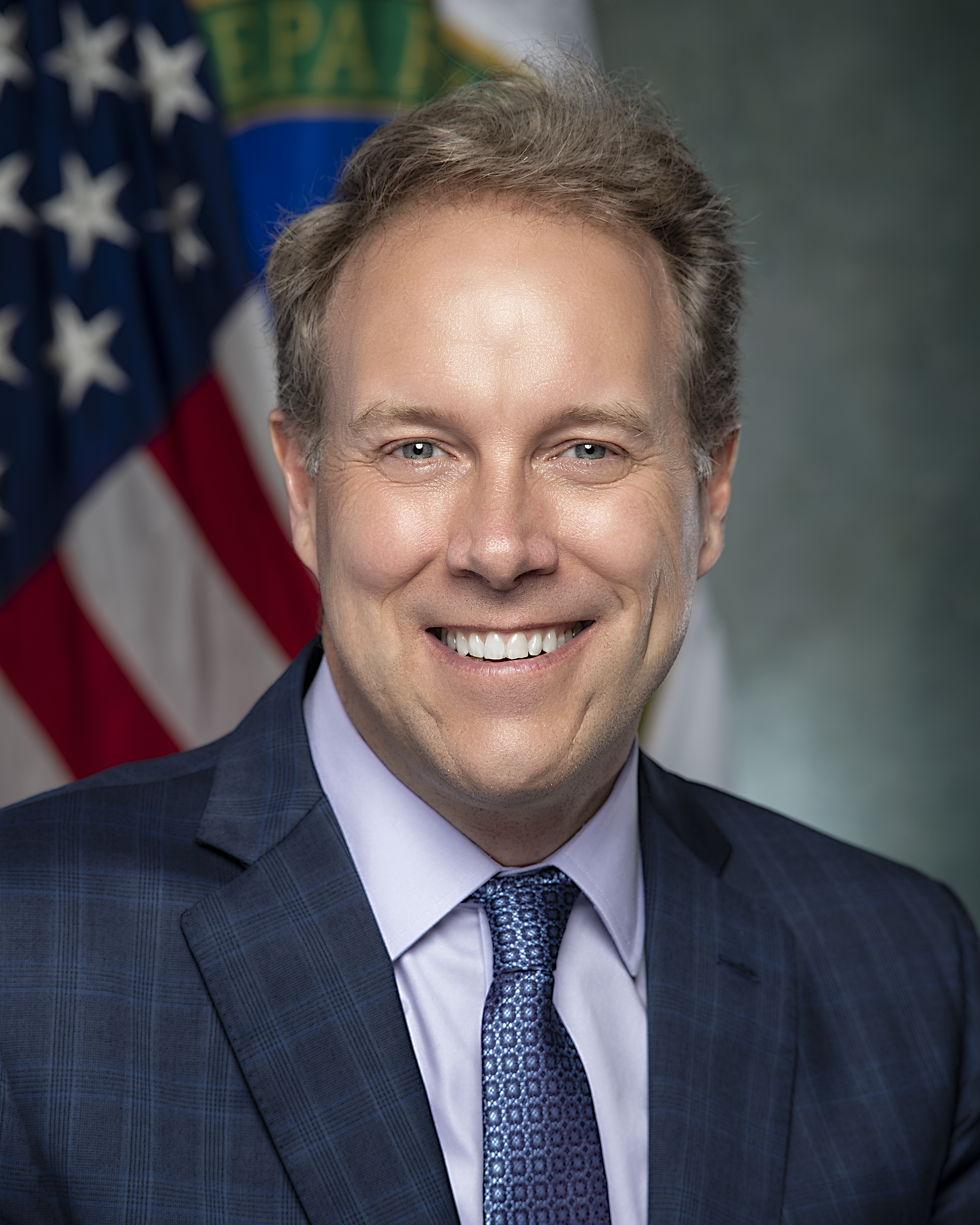Brad Crabtree's remarks at Africa Centre of Excellence for Carbon Management Technology and Innovation Centre COP 27 on November 11, 2022.
Hydrocarbons and Geothermal Energy Office
November 11, 2022Thank you and good afternoon, everyone.
I’m honored to join Chief Ikoh, Director Ekweozoh, and Dr. Odarno today for the launch of the Africa Center of Excellence for Carbon Management Technology and Innovation – which will help advance and accelerate the deployment of carbon management technologies in Africa.
On behalf of the Department of Energy, please accept my congratulations on this important achievement. And we’re proud to have played a role in helping Nigeria stand up this groundbreaking effort.
I appreciate the opportunity to say a few words this afternoon, and I’d like to start by noting that I attended an international energy conference in South Africa last month, and I came away from our meetings with African officials, industry and other stakeholders with a deep impression that there is a growing commitment to advancing carbon management in Africa.
In addition to the Center that we’re celebrating today, I want to recognize Nigeria’s commitment to that effort – and especially the significant carbon management programs already under way there. And I want to congratulate Nigeria on becoming the most recent member of the CEM CCUS Initiative – and for their leadership on carbon management in Africa.
The Africa Center of Excellence for Carbon Management Technology and Innovation is a shining example of how countries and regions around the world are taking committed actions to advance clean energy and carbon management technologies.
And it represents the kind of commitment required to address our interconnected climate and energy challenges.
In the United States, we too have embarked on a determined and unprecedented federal effort to demonstrate and deploy carbon management technologies at scale with commitments to major funding in our national infrastructure legislation last fall and a comprehensive package of clean energy and industrial tax credits in our budget reconciliation legislation enacted this August. It has been estimated that those policy commitments will lead to the deployment 215-250 million metric tons of annual CO2 capture and geologic storage by 2035.
At the same time, the United States government is prioritizing a robust response to climate change in our international efforts, and that includes assisting developing countries as they work to find solutions to their energy, environmental, and economic challenges – solutions that work for them.
And it is impossible to meet this era’s defining challenges without African contributions and leadership. In fact, the Biden Administration sees partnership and cooperation with Africa as central to our common future.
But as we collaborate on these issues, we must look realistically at the situation on the ground in Africa and recognize the need for economic development and energy justice in the context of meeting our shared climate goals. The reality is that African countries have very low rates of per capita energy use and greenhouse gas emissions.
According to the U.N. Conference on Trade and Development, on a per capita basis, carbon emissions from the 46 least-developed countries in the world—33 of which are in Africa—emit only 9 percent of the world’s per capita average.
This means the average person in a developed country has a carbon footprint at least 23 times larger than the average person living in Africa.
But while Africa’s share of energy use and greenhouse gas emissions per capita is extremely low, Africans stand to suffer from some of the most severe effects of climate change.
Thus, the compelling challenge before us is how to foster continued economic development, diversification and creation of high wage jobs in Africa through continued expansion of industry and manufacturing and dramatically expand energy access for hundreds of millions of Africans who still lack access to reliable and affordable electricity and other energy sources--all while ensuring the responsible development of the continent’s energy resources and mitigating against the worst effects of climate change.
With proved natural gas reserves of nearly 500 trillion cubic feet in 2020, Africa has an abundant energy potential. Responsible development of that resource provides great opportunities to expand energy access for Africans, further develop domestic industries and exports, and help achieve climate goals through the deployment of technology and infrastructure to manage carbon and methane emissions.
For us at the Department of Energy and in the Office of Fossil Energy and Carbon Management, that’s reflected in our commitment to supporting low- and zero-carbon carbon management technology and infrastructure deployment – technology and infrastructure that fosters energy access for communities and the development of domestic industry and manufacturing to diversify economies away from reliance on commodity exports.
And, at the same time, we need to work with our African partners to pursue affordable pathways to mitigate emissions, not only from the power sector, but from industry, as well.
Because decarbonization isn’t just about energy – it’s also about tackling emissions economy-wide from industries and even hard to abate sectors, including agriculture, aviation, and shipping.
And that requires a broad portfolio of carbon management technologies – including carbon capture, removal, utilization, and storage – as well as ways to overcome the challenges to deployment and meet decarbonization goals in Nigeria and other countries across Africa.
That’s why we’re so excited about the Africa Center of Excellence for Carbon Management Technology and Innovation – which will lay the groundwork for developing and deploying carbon management technologies economy-wide.
But even more – the Centre will also develop the workforce necessary to that deployment.
And it suggests an important burgeoning regional approach to carbon management that will benefit African nations but will also contribute to the global effort to address our energy and climate challenges.
So, again, we at the Department of Energy are proud to help support the Centre, and we look forward to expanding our partnership with Nigeria and other African countries to meet those challenges.
Again, congratulations on this remarkable achievement, and thank you for the opportunity to join you today.


